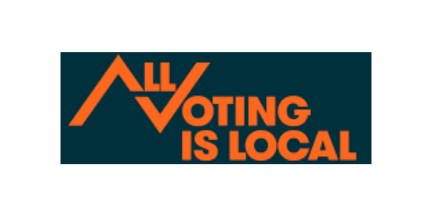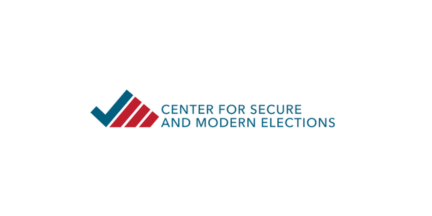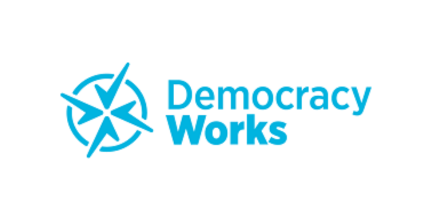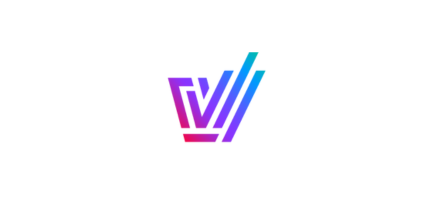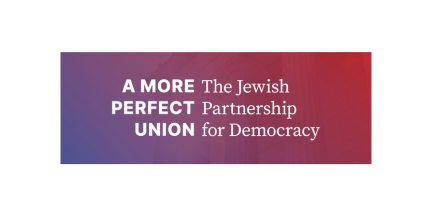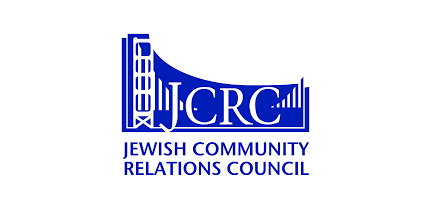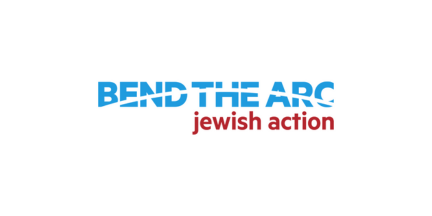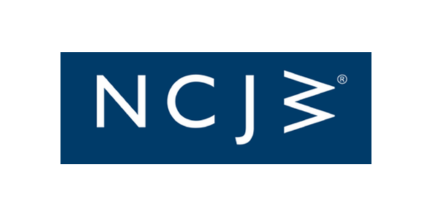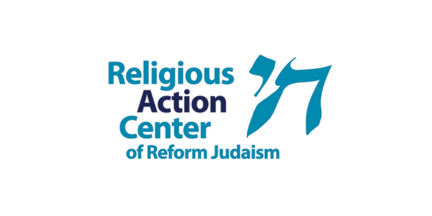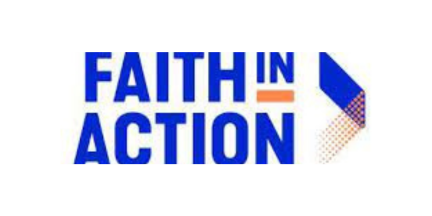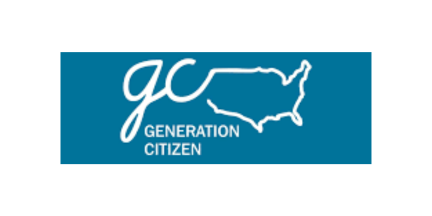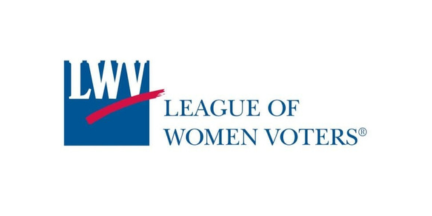Strengthening Our Democracy: Focus on 2024 and Beyond
In recent years, we have experienced an erosion and, in some cases, outright attack on democratic norms and processes. These effects come in many forms, from the gerrymandering of districts and disenfranchisement of voters, to the threat of political violence and election denial. In ways large and small, these issues threaten to fracture our country and permanently disrupt our way of life.
The issues involved are complex and multi-pronged, and can seem beyond the influence of concerned citizens. However, there are many organizations working to amplify the voices and power of individuals who are committed to fostering the strength of our democratic systems and institutions. In this guide, we highlight nonprofits focusing on voting and elections, Jewish organizations, and other non-Jewish organizations working to maintain the integrity of our democratic processes in the U.S.
Our professional philanthropic advisors have curated this list of 501(c)(3) organizations— all are eligible for grant recommendations from donor-advised funds (DAFs). We encourage you to consider supporting these groups as part of your giving strategy.
If you are interested in opening a Federation DAF to facilitate your giving, start here.
Voting & Elections:
Jewish Organizations:
Non-Jewish Organizations:
Strengthening Democracy Outside of a Donor-Advised Fund
Donors with DAFs may recommend grants only to tax-exempt organizations classified under section 501(c)(3) of the Internal Revenue Code. These organizations operate for religious, charitable, scientific, or educational purposes and are not supposed to engage in any partisan, candidate-related activities. Tax-exempt organizations may engage in convening, educating, issue advocacy, organizing, and other activities, such as voter registration (if conducted in a nonpartisan manner).
Some 501(c)(3) organizations are affiliated with 501(c)(4) partners to engage in additional advocacy work.
Organizations conducting partisan, candidate-related activities may not support their partisan political initiatives with grants from DAFs. Below are descriptions of four different groups.*
501(c)(4) Group — 501(c)(4) groups are commonly called “social welfare” organizations. They may engage in political activities including lobbying, endorsing, and opposing political candidates and, subject to applicable campaign finance laws, donating money to political campaigns, as long as these activities do not become their primary purpose. Note that some nonprofit organizations establish both 501(c)(3) and 501(c)(4) entities to conduct different types of work.
527 Group — A tax-exempt group that raises and spends money on influencing the election or appointment of individuals to public office. These groups are typically parties, candidates, committees, or associations organized for the purpose of influencing an appointment or election, be it federal, state, or local. Though IRS rules permit these organizations to raise unlimited funds from individuals, corporations, or labor unions, federal and state campaign finance laws often limit the amount and source of contributions that they may accept.
Political Action Committee (PAC) — A political committee that raises and spends contributions for the express purpose of electing or defeating candidates. PACs may either be free-standing (“nonconnected”) or associated with a for-profit corporation (e.g., the Microsoft PAC), labor union (e.g., the Teamsters’ PAC), or nonprofit membership corporation (e.g., the National Rifle Association PAC). Freestanding PACs may raise money from the public at large, while PACs associated with a corporation or union may only raise money from the group’s executive employees or members. PACs should not be confused with public affairs committees, of which there are a number in the Jewish community, and which do not engage in partisan politicking.
Hybrid PACs (Carey Committees) — A hybrid federal political action committee that is not affiliated with a candidate and can operate both as a traditional PAC, contributing funds to a candidate's committee, and as a super PAC, which makes independent expenditures. The committee can collect unlimited contributions from almost any source for its independent expenditure account but may not use those funds for its traditional PAC contributions.
*This information is adapted from materials by the Center for Responsive Politics.
